
The Value of the Handshake
Given we are in the people business here at EMEA Recruitment, it is no surprise that personal relationships and the development of our network is fundamental to everything we do. The best way to achieve this? Traditionally, it was to meet in person, spend quality time face-to-face, and build trust and rapport – but then 2020 happened!
The shift to Zoom, MS Teams, etc. has been articulated more times than we care to remember, and the consensus is that it has brought benefits and conveniences to the workplace that were otherwise unthought of.
But how invaluable is it to meet physically? How powerful is a handshake? Are we programmed to exclusively build deep, meaningful relationships in this way?
With the summer period at an end, we’ve seen an uptick in requests and willingness to connect again in person – whether it’s over a coffee, lunch, or simply an office meeting to visit our clients’ and candidates’ place of work to talk through their latest project or hiring needs. Time and again, we see that this approach solidifies relationships, allows a deeper understanding of any needs, and deeper conversations with added insights.
Yes, the online connection remains fundamental – it may even make up 90% of communications with our network – but taking that remaining 10% to a physical meeting, eyeballing your network, and shaking hands solidifies the relationship more than ever.
Also, if you are meeting people face-to-face for the first time, The Beckman Institute reports that, according to new neuroscience research, people who greeted with a handshake formed a better first impression than those who do not offer a handshake, and performing a handshake reduces the impact of possible misunderstandings during social interaction - something to keep in mind.
If you’d like to book a meeting – in person or face-to-face – with one of our Consultants, please get in touch with Neil, who manages our Procurement, Supply Chain & Operations recruitment team: [email protected]
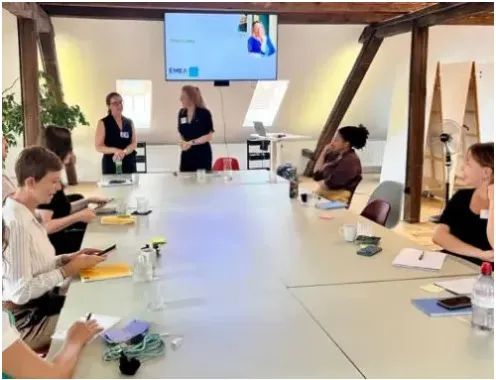
Embracing Neurodiversity in the Workplace
Last month, we held our second ED&I roundtable, Neurodiversity at Work: For Flourishing People and Organisations, in partnership with Joanna Williams, Founder of Flourish. Keely Straw, Manager of our HR team in Switzerland, reflects on the event...
The roundtable focused on:
WHAT is neurodiversity: in general and at work?
WHY does it matter?
HOW can neuroinclusive workplaces foster individual and organisational flourishing?
It was a very open and honest discussion that started with:
If you don’t understand the language someone is using, you can’t have a conversation.
That line resonated with me quite a lot, especially when considering one of our core values here at EMEA Recruitment – to listen.
It is also essential to understand how we, as a recruiter, can adapt our processes to ensure that we listen and understand those who are talking.
Recruiting neurodiverse talent and creating a neuroinclusive recruitment process is an important step towards building a diverse and inclusive workforce. Here are some tips to help you in this process:
Educate your team: Ensure that your HR team and hiring managers are educated about neurodiversity. Understanding different neurodiverse conditions, such as autism, ADHD, dyslexia, and others, is crucial to making informed decisions.
Remove bias: Implement processes and tools that help reduce bias in your hiring process. This includes using structured interviews, standardised assessments, and anonymised resume screening to focus on skills and qualifications, rather than personal characteristics.
Neurodiversity-friendly job descriptions: Craft job descriptions that are clear, concise, and free from overly complex language. Highlight the skills and competencies required for the role and avoid vague or subjective language.
Flexible application process: Consider offering alternative ways for candidates to apply, such as video submissions or skills assessments, in addition to traditional written resumes and cover letters. This can accommodate candidates with different communication styles and abilities.
Awareness training: Provide training to all staff involved in the recruitment process to increase awareness and understanding of neurodiversity. This can help create a more inclusive and supportive environment for candidates.
Accessible interview formats: Allow candidates to choose interview formats that suit their needs. Some neurodiverse candidates may perform better in written tests, while others may prefer in-person or video interviews. Flexibility is key.
Structured interviews: Use structured interviews with predetermined questions and evaluation criteria to ensure fairness and consistency in the assessment process. This reduces the likelihood of making decisions based on personal biases.
Feedback and communication: Provide constructive feedback to candidates, whether they are successful or not. This can help candidates improve their skills and feel valued in the process. Be clear and specific in your feedback.
Lead by example: Demonstrate your commitment to neuroinclusivity from the top down. When leadership actively promotes and supports neurodiversity initiatives, it sets the tone for the entire organisation.
Creating a neuroinclusive recruitment process is an ongoing effort that requires commitment and dedication.
EMEA Recruitment is embracing neurodiversity. We can help you tap into a pool of talented individuals who can bring unique perspectives and skills to your organisation.
I would be keen to hear your thoughts across the market and understand if you would be interested in future roundtable events, either dedicated to ED&I or broader HR topics.
In addition, I would welcome the opportunity to hear your thoughts on neurodiversity and how this compares with the general market consensus.
Please feel free to contact me directly to see how we can support you: [email protected]

How to Manage the Counteroffer
Companies are fully aware that we are in a candidate-driven market, with a shortage of good quality candidates to fill their hiring requirements.
As a result, businesses are trying to hold onto as many strong employees as possible, causing an increase in counteroffers.
Since the start of the year, the Finance & Accountancy market has seen employees being offered an uplift of €10,000-20,000 - in some cases over €25,000 - to stay with their current employer.
If you’re currently thinking about changing roles, you should expect to receive a counteroffer if you hand in your notice. Whether you’ve been working at your company for six months or several years, they will do more than ever before to keep you.
Prior to looking for a new role, here are some questions you should be asking yourself:
- On a scale of 1-5, how happy are you in your current role?
- What is the real reason for wanting to leave?
- What conversations can you have with your current employer?
What should you be thinking when the counteroffer arrives?
- Why is your employer only realising your value now?
- Will you be a trusted member of the team moving forward?
- What if you accept the counteroffer? What if you decline it?
But, most importantly, revisit these simple questions:
- On a scale of 1-5, how happy are you in your current role?
- What is the real reason for wanting to leave?
Always think about the real reason you are looking to approach the market in the first place.
Did you know that a high percentage of people who take a counteroffer re-approach the market within a few months?
Does being counteroffered actually make you feel good? Does it make you feel like a valued member of the company, or does it make you feel the opposite in reality?
Think about whether the counteroffer provides a genuine benefit to you or to the employer. For example, keeping you on board means they won’t have to train someone new, pay potential recruitment fees, etc.
If you’d like more advice on managing a counteroffer, either as a hiring manager or candidate, please get in touch with David Harper, Associate Director: [email protected]

The Importance of the Employee Experience
Katie Insley, Associate Director, explores the second quarter of the year and discusses the uplift in HR opportunities across the Netherlands.
There have of course been significant challenges in some industries, but many have reported growth plans, especially in the second half of the year.
We continue to be in a candidate-led market where the competition for talent is still significant. Businesses must place attention on their employee value proposition in a bid to keep their best people, ensuring they have a working culture and environment that responds to their employees' needs, such as hybrid/flexible working and employee wellbeing initiatives.
We also continue to see an investment in Compensation & Benefits functions, as rewarding employees in a competitive and attractive way remains a key tool to retain top talent.
A good number of organisations have gone through reorganisation activities, and - while this has led to decreases in some traditional HR roles - it has caused an increase in the positions more aligned to the future of HR and where it can add the most value to a business.
These have included roles focused on talent and HR intelligence, where businesses are looking for individuals who are great with data, but who can translate this information into meaningful stories that allow for better decision making.
A focus on HR technology continues, but through the lens of employee experience. How can a business have seamless processes enabled by tech that make an employee’s interactions with HR as easy as possible? This again requires a different skillset, where individuals must not only be great at system optimisation and process improvement but must be able to focus on the user experience, too.
If you’re interested in finding out more about the current recruitment landscape, please reach out to me at: [email protected]

Hybrid Working & Wellbeing in the Workplace - Embracing the New Normal
“The recent Surgeon General report on Mental Health and Well-being reports 81% of workers say they will be looking for workplaces that support mental health in the future.”
Leaders are discussing how they can be deemed an employer of choice in the market, while taking into consideration the growing demand for a hybrid working model and promoting the importance of wellbeing to all, as we establish and adapt to post-pandemic working life.
Post-COVID life has taught many of us how to adapt amid chaos; to change the way we think about our working environment and to re-evaluate what employees value most throughout their careers.
Some believe a shift towards a hybrid working environment - with a focus on mental health and wellbeing, as a staple to the typical compensation & benefits offered - is well overdue and that COVID-19 accelerated the speed for this change, leaving companies unnerved with an increased demand for the new way of working.
Many enjoy the flexibility of working from home and the time saved by not commuting, while others have felt isolated and find it difficult to focus when alone, without peers in their office environment. Supporting hybrid working employees is what businesses are finding most challenging.
“WFH was not particularly prevalent in the euro area before the onset of the pandemic in March 2020. According to Eurostat data, 85% of employees had never worked from home in 2019, a small decrease from 92% in 2000. The COVID-19 shock led to a sudden increase in demand for WFH policies that would allow the majority of employees to work from home at least once per week.”
The workforce has spoken and continues to say that working an odd day from home is no longer a perk of the job, but is indispensable. Where some companies were reactive in putting measures in place for colleagues to work from home, it is now considered the new normal - not an exception.
Some businesses, however, continue to request that colleagues work in their office environment full time, which now begins to feel redundant given the current market.
What are the benefits to working from home?
- Better work-life balance
- Less commute time
- Improved inclusivity
- Cost saving due to reduced travel
- Positive impact on sustainability
- Improved wellbeing & mental health
- Increased productivity & performance due to lack of distractions
Of course, there are benefits to working in the office:
- Making friendships & connections with others, with increased camaraderie
- A feeling of purpose & belonging
- The improved collaborative way of working
- A smoother & more efficient onboarding process
- No barriers - colleagues are more easily accessible when within reach of each other
- Business incentives/perks in the office
In light of the above, it is worth asking the question: How do we create an environment for all, so all feel welcomed and comfortable to work from home if they choose to, as well as work in the office, while ensuring engagement and productivity remain high?
Equally, gone are the days where employees worked relentlessly and tirelessly to get the job done. Candidates, especially, are on the lookout for companies that are creating workplaces that value mental health and wellbeing, and are setting boundaries for themselves, to ensure their work-life balance remains intact throughout their career.
Does your business promote a flexible working environment that candidates are looking for?
Do you stand out in the market as an employer of choice?
If you would like to explore any of these topics in more detail, please reach out to Katie Insley, Associate Director in our HR recruitment team, for a confidential discussion: [email protected]

Attracting & Engaging Top Talent
After a buoyant start to the calendar year - and advising on how to successfully hire in an evolving and competitive market in our last newsletter - it seems topical to focus on how to attract and engage top talent.
The competition for talent will likely remain fierce this quarter, as – in addition to attrition – annual budgets are approved, and more companies will be seeking additional talent to support their growth and initiatives.
Of course, it’s important to consider a competitive salary, the working environment, career progression, Environmental, Social and Governance (ESG) initiatives, and recruitment timeframes for the candidate journey.
But how can you find suitable candidates in the first place? What can companies do to encourage candidate engagement? What should candidates be doing to find the best opportunities?
We’re noticing that – typically – the best candidates are not applying for jobs directly.
It is often quoted that men apply for a job when they meet only 60% of the role requirements, whereas women apply only if they meet 100%.
This can also be applied per discipline, with skills insights suggesting that Finance & Accounting professionals are more likely to apply for a role if they meet 100% of the criteria. This, coupled with a market where candidates are in demand and regularly approved, means that candidates with this skillset are much less likely to apply for suitable roles.
With that in mind, how do candidates filter through the noise of job opportunities to find the right role for them? How can employers best present themselves to as wide and diverse an audience as possible?
This is where partnering with EMEA Recruitment can really add value.
Attract candidates through networking & referrals
With such competition for candidates in the market, networking and referrals are fast becoming the best way to attract and engage with top talent.
With 15 years’ experience in the Dutch market and an ever-growing network, we are actively speaking to and engage with Finance & Accounting professionals – all day, every day. This focus allows us to understand individual requirements (personal and professional), and to proactively connect people and opportunities by providing colour for candidates on the company, team and role.
Use inclusive language
Did you know that the words you use are also important? We are mindful to consider the wording of job advertisements to keep them as open and attractive to as wide and diverse a talent pool as possible, and not draw on unconscious biases that could exclude certain candidates.
We also have a library of Executive Interviews with senior leaders to five insight to the people and leadership behind the brand – this is a great way to showcase a company and give tangible insights to attract top talent.
For candidates, being open to conversations on what is available is a big thing – timing might not always be right, however, how do you know what you are doing is the best thing for you if you don’t know what else it out there?
Our podcast series, sharing learnings from senior leaders, often talks about making the most of opportunities; the journey doesn’t always go the way it was planned.
To discover how we can help you, whether you are looking for talent or open to opportunities (or perhaps both!), please contact Georgia Wright, Associate Director, for a confidential chat: [email protected]

EMEA podcasts
The EMEA Recruitment podcast welcomes guests from across our network and beyond to share their career journeys, advice, and inspirational stories.





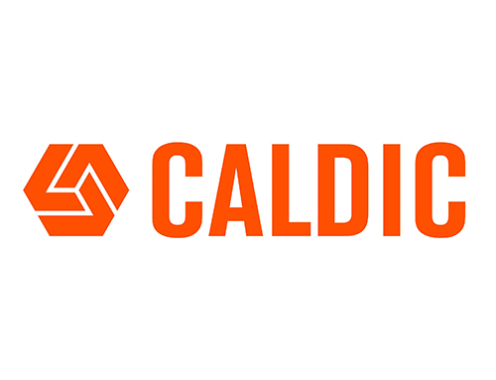


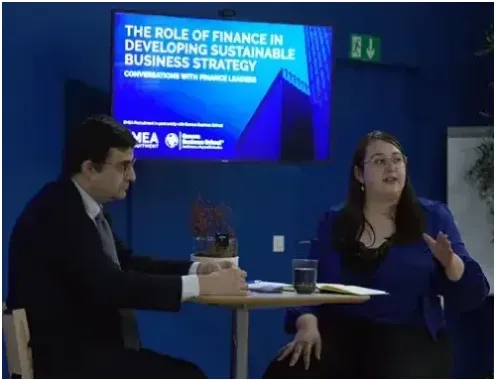
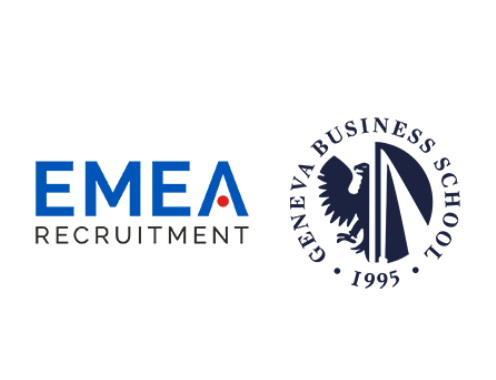
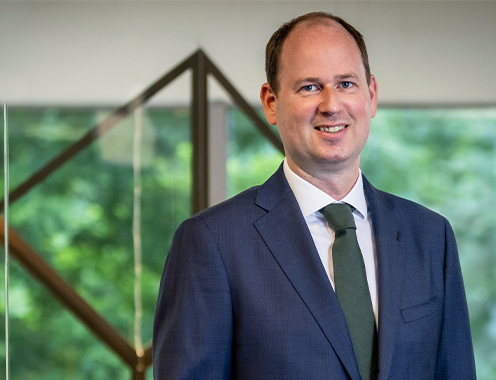
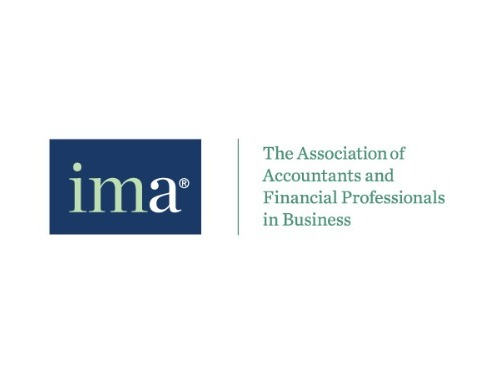

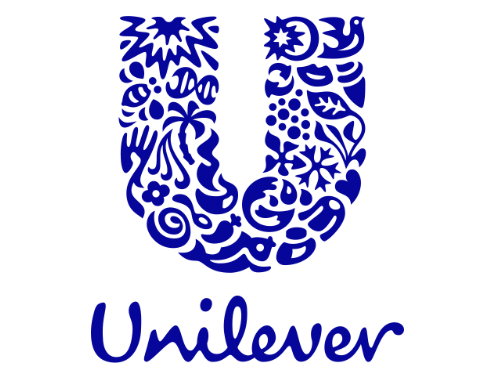

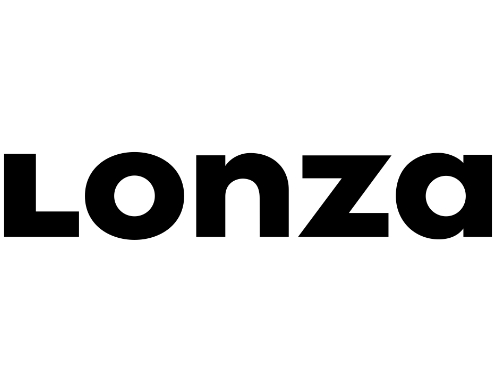


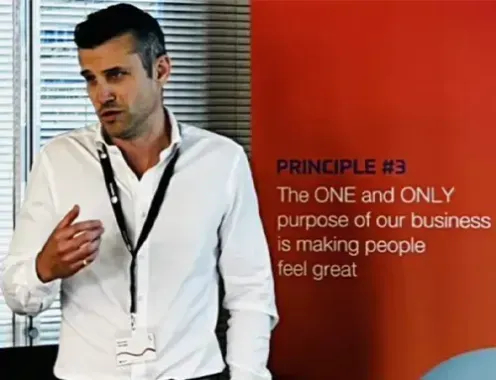
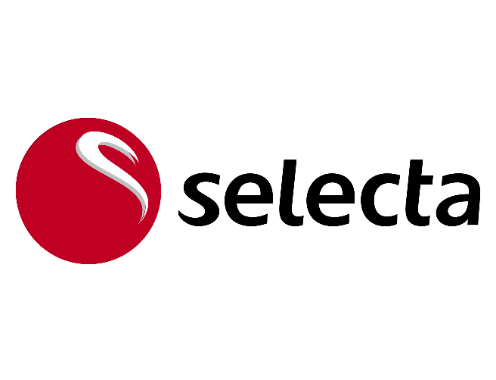

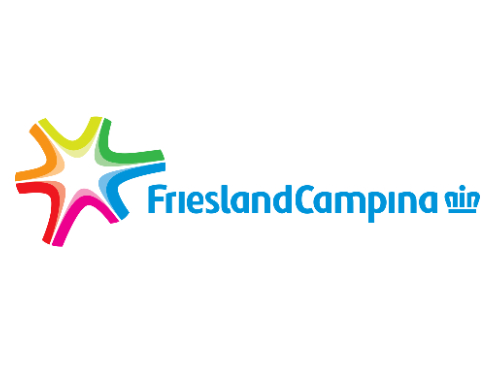


You can also use your social account to sign in. First you need to:
Accept Terms & Conditions And Privacy Policy